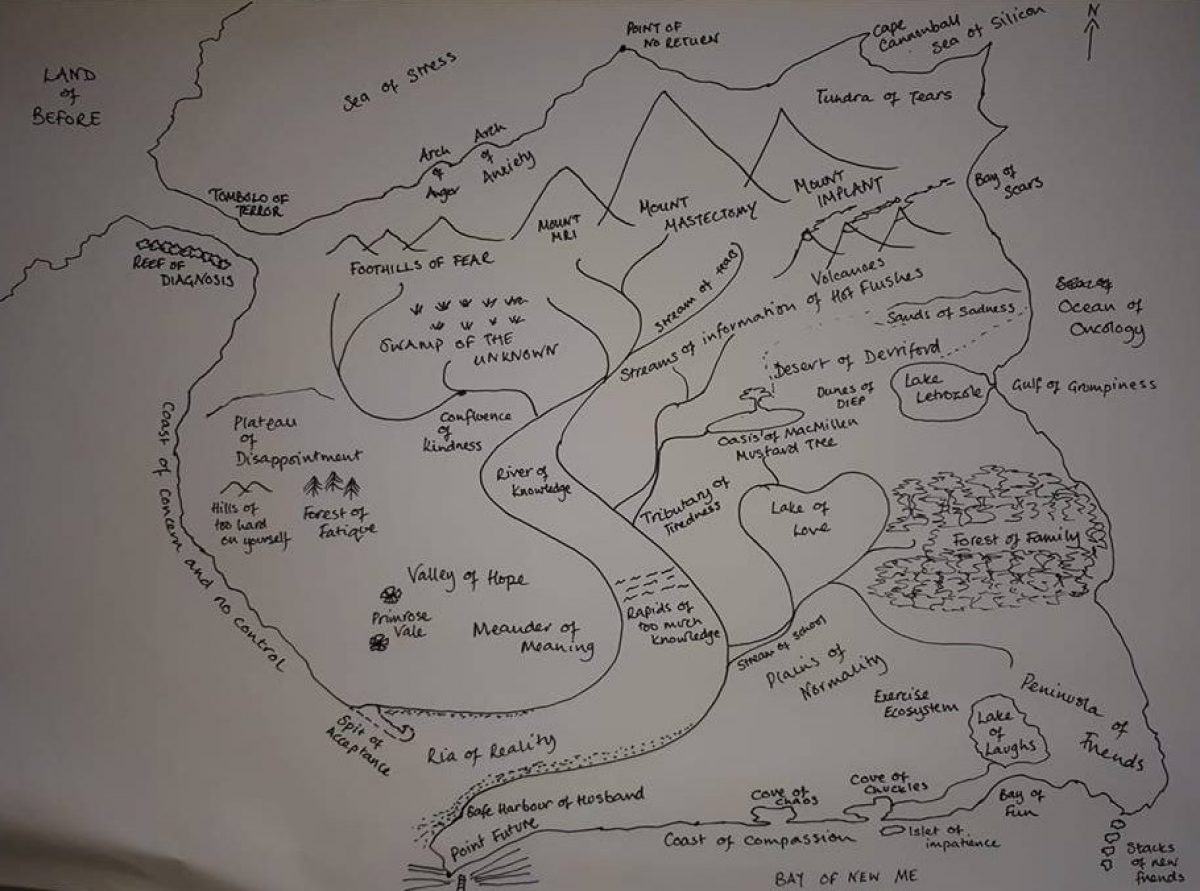According to some elements of the press and social media all of us teachers have done nothing since March. This has not been the case at my school or at any other school where I have friends. By the 17th July there was a real school/Covid fatigue. More opportunities were opening up and lockdown restrictions were being lifted. I decided to take advantage of this and booked a weekend away for my husband and myself.
We decided to stay at a St Austell Brewery pub with rooms in Topsham – the Globe . If you are in the area go and visit this little town on the River Exe as it is very pretty with quaint shops and interesting architecture. If you have £3 million to spare you could live there in this waterfront property – Wixels a waterfront, Grade II listed home.
It was good to have a weekend away. The Globe pub is great, the rooms are comfortable and pub grub is great (although it was a bit of a reduced menu at the time). The landlord had considered all elements of Covid safety and it was great weather. We went for a walk around the town and ended up at the Quay where we sat in the sunshine and enjoyed people watching.
The main purpose of the weekend away though was to revisit paddleboarding. At the very start of this blog I wrote about how I’d had my first ever paddleboarding lesson (the lesson was on15th August 2017) at Mount Batten in Plymouth and what a fun morning it had been. However, on our return I had a letter inviting me to the Primrose Breast Care centre and that was the beginning of the impatient patient. Three years on – mastectomy, reconstruction, dad’s death, effects of Anastrozle with Covid 19 thrown into the mix and I was at a very low ebb. In fact I was so far down that I needed some professional help to start to get up again. This is where going away and then facing paddleboarding was going to help as a great diversion.
I had booked a paddle lesson with The Edge Watersports at Exmouth (Edge) and so we turned up at the required time, changed into our gear, put on the buoyancy aids and carried some paddleboards down to the slipway. The first part of the lesson was a safety briefing and then we were out on the Estuary, hugging the beach area, we all had to throw ourselves into the water and climb back on our boards to prove we could and so that we wouldn’t be frightened of falling in as we were already wet! Going south along the beach was fine and then we had to cross the fairway (channel for boats) and make our way to a sandbank. Paddling on the flat – either standing or kneeling is fine, paddling when a fast jet ski or boat has just roared up the fairway is a different matter as it creates a wake. When there is a wake you are supposed to turn your board into it. However, when your back is to the wake and it hits… it is easy to fall off and that is what everyone did.
We were in a group of about 10 people with 2 instructors. Some were very proficient, some were not – I include myself in this category. One of the instructors remained with the less proficient whilst the more confident made their way back across the fairway and to a different beach. I eventually made it back to the slipway… by this time our two hours were up and it was a case of getting changed and going off. Nick and I went for a cup of coffee and then walked along the promenade. It was a really hot summer day, there were lots of families on the beach in their own little pods. It looked and felt normal. It was the start of the summer holidays and although there was work to be done I was going to make the best of weather as in 10 days I would be off to Spain with my mum.



